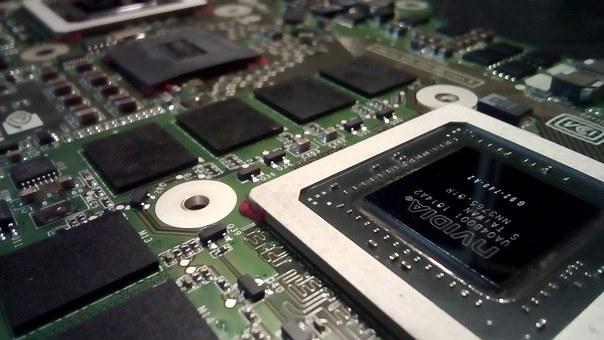Many companies protect their intellectual property to maintain their name as a brand and ensure others will not use their products. However, for software, exceptions can be made since written code is often useless without the hardware it’s are deployed on.
NVIDIA, a micro controller producer focused on GPUs for personal and enterprise use, recently made this exception on its GPU kernels, the part of the unit which communicates to the operating system. Making their code Free and Open Source Software (FOSS) allows for developers to change more technical settings that would otherwise be locked out.
Historically, NVIDIA, and many other companies, have rarely bothered to make their software open source. Even though NVIDIA itself loses nothing from open sourcing, FOSS can give consumers the ability to build features that were not otherwise intended.
Many argue that NVIDIA should not care what people do with their products since consumers are paying for them. Senior Mukul Kulkarni contributed to this reaction. “When I pay for a product, it should be mine to own. Companies have been putting contingencies on products for years with things like sealed warranty tape. I believe people should have the right to customize their bought items however they see fit,” he said.
In regards to the specific changes made, NVIDIA has technically made just the kernel open sourced not the driver. There are settings that are more accessible now, but at-home consumers will not feel those changes.
Instead, the changes made are focused more on enterprise deployments which mostly contain servers filled with NVIDIA’s GPUs. Many of these servers run on Linux, a popular operating system for server applications, which has notoriously been poorly supported by NVIDIA. Being able to configure the kernel to their liking allows system administrators to ensure their servers are stable.
NVIDIA has set a high precedent for the software industry with this decision. They are the first company with such a large market cap to give consumers low-level access to their products. Although they have only made a small step towards full-fledged control, this statement will encourage their competitors to do the same.









